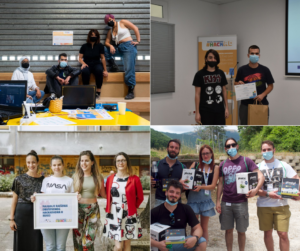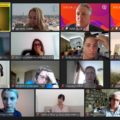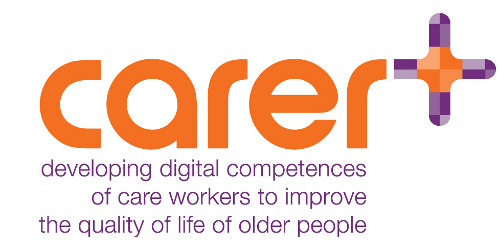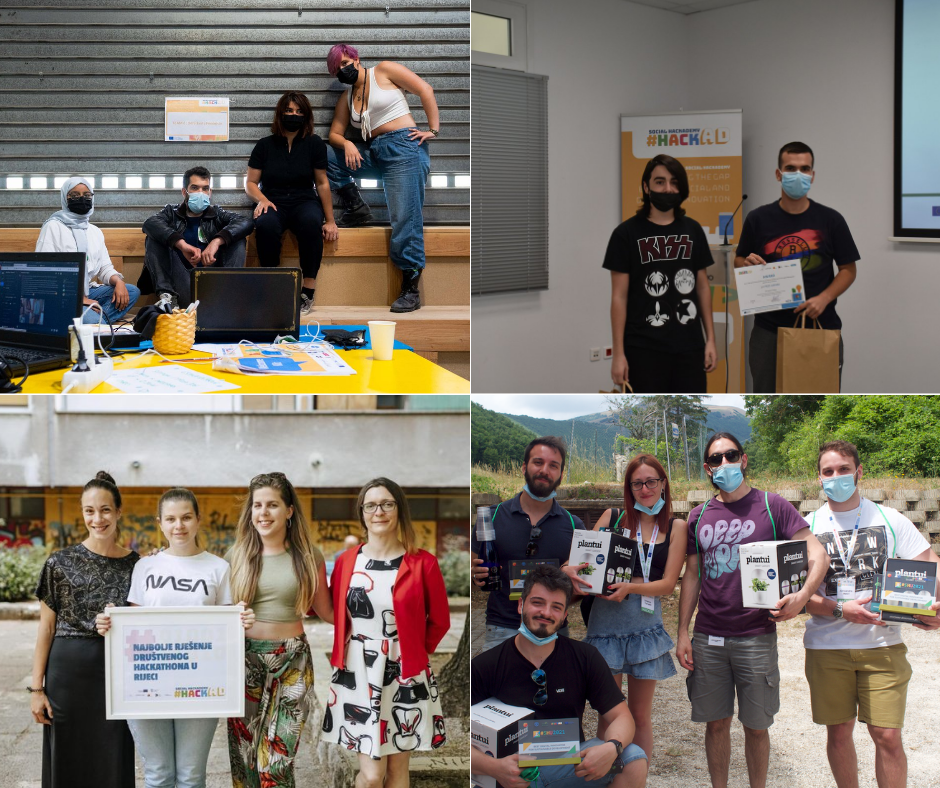
23 Sep Social Hackademy Labs pilots in Croatia, France, Italy and Greece successfully concluded
23 Sep, 2021

Social Hackademy Labs are a framework that implements grassroots digital co-creation initiatives following Social Hackademy methodology. Project’s partners established them in Croatia, France, Greece and Italy at the beginning of March 2021.
 The Social Hackademy Labs exploit the educational potential that a co-creation experience offers to all the participants, regardless of their digital competence level and professional or personal profile, by providing a meaningful learning experience while influencing digital solutions’ technical and digital development to local societal challenges.
The Social Hackademy Labs exploit the educational potential that a co-creation experience offers to all the participants, regardless of their digital competence level and professional or personal profile, by providing a meaningful learning experience while influencing digital solutions’ technical and digital development to local societal challenges.
Concretely, the Labs offer young people with fewer opportunities a chance to gain basic or advanced digital skills [by attending visual and graphic design, web design and native mobile app development training courses], thus strengthening their competencies and contributing to their social inclusion. At the same time, the Labs promotes collaboration with civil society organisations. They provide concrete digital projects that enable participants to use their new skills in real-life projects. This further contributes to their upskilling and offers meaningful opportunities to co-create solutions that support local communities.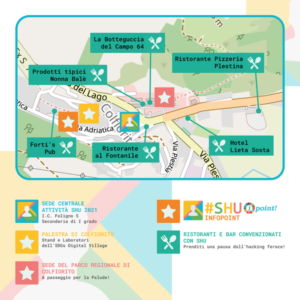
The Social Hackathons represent the pinnacle of the co-creation process as defined by the methodology. Differently from the majority of the hackathons, which are usually addressed to IT experts and base their marketing strategy on the availability of cash prizes or access to business acceleration programmes, a Social Hackathon is characterised by:
- a participatory process in the identification of the specific challenges, which relate to the improvement of one or more societal issues or to the digital empowerment of those stakeholders that contribute to the sustainable development of the society;
- the protagonism and collaboration of people who have a low level of digital skills and take part at the hackathon with different roles, but all with the expectation of learning new skills while having fun and contributing to the development of a digital solution at social impact;
- a quite extensive preparation period that includes targeted training interventions, social incubation strategic planning, as well as the design and implementation of a well-structured promotional campaign that focuses on the openness and gratuity of the event for everyone
From June to September, #HackAD partners organised four (4) Social Hackathons. All of them revolved around challenges related to the Agenda 2030 and Sustainable Development Goals (SDGs). Participating teams developed digital solutions priorly identified by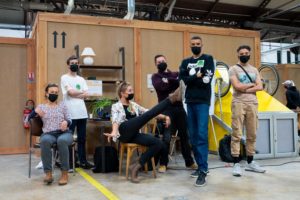 civil society organisations that also actively supported the teams during hackathons.
civil society organisations that also actively supported the teams during hackathons.
Even though winning is not the most important outcome of the Social Hackathons, we are proud to introduce the best digital solutions from all four hackathons:
- Social Hackathon Rijeka (Croatia) was won by IT Girls team that developed a mobile app Fenix – Mood Tracker that helps people with different mental difficulties to keep track of their moods and activities that led to these moods to help them focus on the positive. Read more about the Rijeka hackathon here.
- Social Hackathon Montpellier (France) was won by the Feminist surge team. It developed a website that offers information, guidance, advice, and support for victims of violence and/or social exclusion because of their gender, minority status, and identities and age in the city of Montpellier.
- Social Hackathon Patras (Greece) was won by The Coding Gang team that has created an application to help the environmental problem caused by weeds destroying the local flora. Read more about Patras hackathon here.
- Social Hackathon Umbria (Italy) was won by the Alimenta team that has developed an app of the same name that uses open data from the Food and Agriculture Organisation of the United Nations (FAO) to design virtual villages to show local social and economic issues in developing countries and raise awareness about different and challenging contexts and issues in the world (especially in developing countries). Read more about the Umbria hackathon here.
